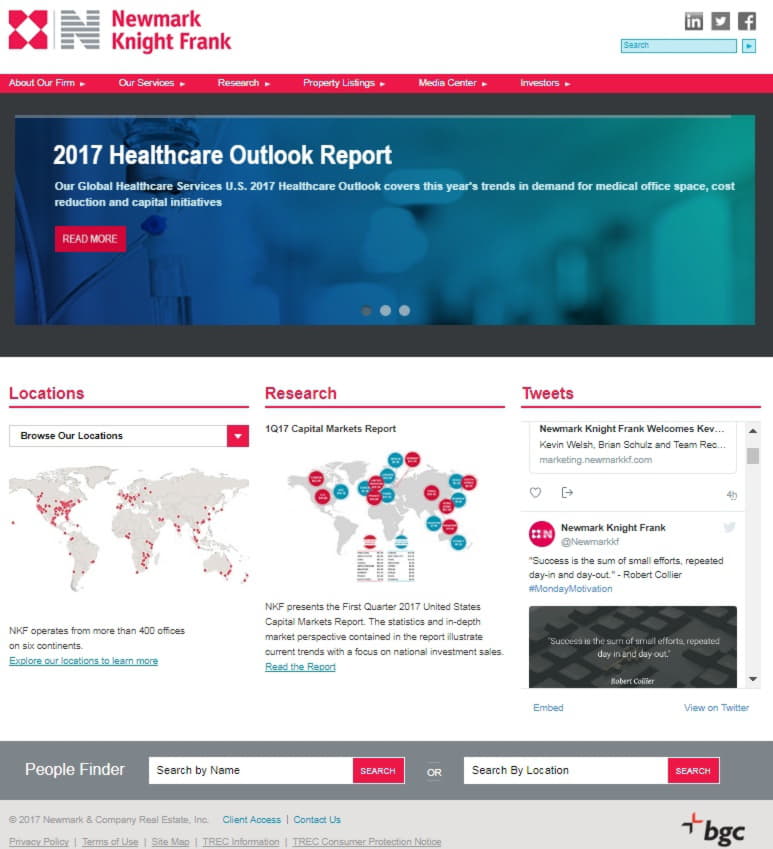
Scott Applebaum
Click here for Part I & Part III
Acquiring and developing medicines that transform the lives of cancer patients and reduce the fear that follows a cancer diagnosis
Scott Applebaum is the president of Context Therapeutics, a biopharmaceutical company based in Philadelphia, PA. Founded in 215, Context is dedicated to discovering, acquiring, and developing medicines for patients with breast, prostate, ovarian, and other hormone-driven cancers. The company is currently focused on development of Apristor™ (Onapristone XR), an investigational Phase 2 drug that targets progesterone receptor positive (PR+) metastatic breast cancer.
EDWIN WARFIELD: Tell us about your most recent acquisition. How did you find Onapristone, and what are its potential implications for cancer patients?
SCOTT APPLEBAUM: When we acquired Onapristone in December of 2017, we bought it from a company that was winding down. We acquired this asset and everything that came along with it, including all the data that had been generated, all the regulatory filings, and all of their clinical drug supply that’s still in existence. The drug had been studied for a number of different types of cancer. Initially, it was studied a while ago in the mid-1990s by a company called Schering AG. It was being developed as an oral contraceptive. At the time, there was some research being published that talked about the role of the progesterone receptor in breast cancer, and it was thought that if you were able to slow or shut that down with an agent, that you may be able to slow down or reverse the effect of breast cancer. (Schering conducted two studies with Onapristone). Onapristone is a pure antiprogestin. There are other antiprogestins that are combination agonist or antagonist, but Onapristone is the only pure antagonist.
It was studied in two different trials in the mid 90s. One trial had 19 patients, the other had 101 patients. Out of these two trials, the 120 patients, they showed really positive and interesting clinical benefits for these women who had breast cancer, and these are patients who had metastatic breast cancer. The results were really positive. Schering, however, as a company, made some strategic decisions to not advance it as an oral contraceptive, and with that all of the funding went for the breast cancer studies as well. Basically, they just left it behind.
We were stunned talking to the people who were involved at the time. We’ve spoken to the person who was the lead investigator on the breast cancer trials—he’s now a rather prominent breast cancer researcher in the U.K., his name is John Robertson. He said he was really disappointed and stunned that Schering discontinued development, rather rapidly and without much of an explanation when he was studying the drug. We’ve now reconnected with him and he wants to work with us to resurrect the drug and get it back into the clinic in breast cancer trials.
An important piece of the story is the initial studies that were don in the mid-1990s. The second piece of the story is how the drug was picked up by the company from which we acquired the drug. That company was called Arno Therapeutics. They had taken a look at the data that was out there and said “there’s something interesting here—we want to pursue this.” A couple of hurdles in their way were that they had no drug supply. They had to find a way to manufacture it, and it was difficult to manufacture it. They spent a fair amount of money, came up with a better manufacturing process, and, as a result, were actually able to create a slightly different version of the drug. It was a more pure form of the drug and it was an extended release version of the drug. This action becomes pretty important, because people have learned over the last 20 or 25 years, as the progesterone receptor impacts breast cancer, the goal is to shut it down for a 24-hour cycle and keep it shut down. The drug that was studied by Schering initially was an immediate release version of the drug, and it had a short half-life. That meant that by the end of maybe four or six hours, they weren’t getting full coverage on the receptor. Arno reformulated the drug into extended release, and decided to dose it twice a day, which effectively shuts down and covers that progesterone receptor for 24 hours. So, with a lower dose given twice a day and an extended release version, they were able to get full coverage. From a pharmacokinetic aspect, this is important and we think will lead to even better results than the ones we saw Schering had from the mid-1990s.
The other thing Arno did was they did Phase 1 studies in multiple tumor types and then they started a Phase 2 study in prostate cancer. That’s where their story ends because, they had a difficult time enrolling the study in prostate cancer based on requirements for the study including taking bone biopsies, which are difficult and painful, and patients were not really willing to undergo it. And the science wasn’t really leading them to prostate cancer. There were other reasons where they had hypotheses, but we think they would have been more successful had they stuck to breast cancer.
Connect with Scott on LinkedIn
Sponsored by:
ABOUT NEWMARK KNIGHT FRANK
Newmark Knight Frank (NKF) is one of the world's leading commercial real estate advisory firms. Together with London-based partner Knight Frank and independently-owned offices, NKF's 15,000 professionals operate from more than 400 offices in established and emerging property markets on six continents.
With roots dating back to 1929, NKF's strong foundation makes it one of the most trusted names in commercial real estate. NKF's full-service platform comprises BGC's real estate services segment, offering commercial real estate tenants, landlords, investors and developers a wide range of services including leasing; capital markets services, including investment sales, debt placement, appraisal, and valuation services; commercial mortgage brokerage services; as well as corporate advisory services, consulting, project and development management, and property and corporate facilities management services. For further information, visit www.ngkf.com.
NKF is a part of BGC Partners, Inc., a leading global brokerage company servicing the financial and real estate markets. BGC's common stock trades on the NASDAQ Global Select Market under the ticker symbol (NASDAQ: BGCP). BGC also has an outstanding bond issuance of Senior Notes due June 15, 2042, which trade on the New York Stock Exchange under the symbol (NYSE: BGCA). BGC Partners is led by Chairman and Chief Executive Officer Howard W. Lutnick. For more information, please visit www.bgcpartners.com.


Edwin Warfield, CEO of citybizlist, conducts the CEO Interviews.
If you're interested in reaching CEOs, please contact edwin.warfield@citybuzz.co
Connect on LinkedIn







